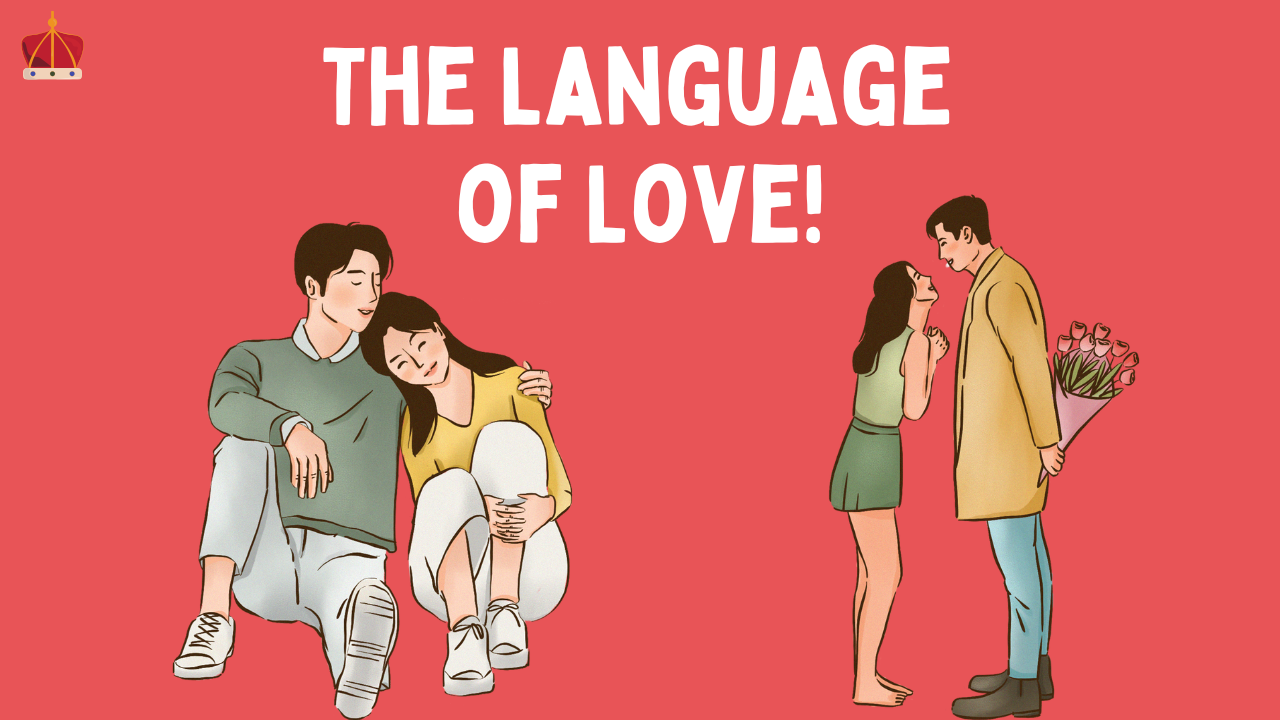
How Different Cultures Express Love: Language, Actions, and Traditions
Love is one of the most powerful emotions in the world. It connects people, builds relationships, and brings communities together. But did you know that different cultures express love in different ways? While love is universal, the way we communicate it varies across languages, traditions, and actions.
In this post, we’ll explore how different cultures express love, from words and phrases to physical affection and unspoken gestures. Whether you’re learning English or simply interested in cultural differences, this guide will help you understand the many ways love is expressed worldwide.
How Language Shapes the Way We Express Love
In English, we use the word “love” in many different contexts. You might say, “I love my partner,” but also, “I love chocolate” or “I love this song.” The same word is used for deep emotions and casual preferences, which can sometimes be confusing.
Other languages, however, have multiple words to describe different types of love. For example:
- Greek: Greek has several words for love, including Eros (romantic love), Philia (deep friendship), and Storge (family love). This allows speakers to be more specific about their feelings.
- Japanese: In Japanese, saying “I love you” (ai shiteru) is very serious and not commonly used in daily conversations. Instead, people use softer expressions like suki (I like you) to show affection.
- French & Spanish: These languages distinguish between romantic love and friendship with phrases like je t’aime (I love you) and je t’aime bien (I like you) in French, or te amo (romantic love) and te quiero (affectionate love) in Spanish.
These differences show how language influences how we think about and express love.
Physical Affection: What’s Normal in Different Cultures?
Love isn’t just about words—it’s also about actions. But what’s considered normal physical affection varies by culture.
- Western Countries (USA, UK, Canada, Australia): Hugging, kissing, and holding hands are common ways to show love, even in public. Friends and family members often say “I love you” casually.
- France & Italy: In these cultures, it’s common to greet people with a kiss on the cheek—sometimes two or even three times!
- Asia (China, Japan, Korea): Public displays of affection (PDA) are less common. Instead, love is often shown through actions, like preparing food for someone or working hard to support them.
- Middle Eastern Cultures: Romantic affection in public is often discouraged, but affection between friends—such as holding hands—can be normal.
Understanding these differences can help avoid cultural misunderstandings. If someone from a reserved culture doesn’t say “I love you” often, it doesn’t mean they don’t feel love—it just means they express it differently!
Actions Speak Louder Than Words: Love Through Gestures
Even in English-speaking cultures, people express love in different ways beyond just words. Some common love languages include:
- Gift-giving: Giving small but meaningful presents to show you care.
- Acts of service: Doing something kind, like cooking a meal or helping with a task.
- Quality time: Spending undistracted time together.
- Physical touch: Holding hands, hugging, or cuddling.
- Words of affirmation: Expressing love through kind words and compliments.
Different cultures emphasize different love languages. For example, in China, parents may not say “I love you” often, but they show love by working hard and providing for their children. In some cultures, simply spending time together is a powerful way to express love.
Why Cultural Differences in Love Matter
If you travel or interact with people from other cultures, understanding how they express love can help avoid miscommunication. For example:
- If an English speaker casually says, “I love this movie,” they don’t mean it in a deep emotional way—it’s just an expression.
- If someone from a reserved culture doesn’t say “I love you” often, it doesn’t mean they don’t care—it just means they express love differently.
By learning these differences, we can better understand and connect with people from around the world.
Keep Learning with Easy English
If you enjoyed this topic and want to improve your English while learning about cultural differences, check out the Easy English Podcast! We explore fascinating topics in simple, clear English to help you learn and grow.
Want more advanced content? Join the Easy English Patreon for exclusive lessons, faster-paced episodes, and deeper discussions.
How do people in your country express love? Do you prefer words or actions? Share your thoughts in the comments!
Thanks for reading, and see you in the next post!

